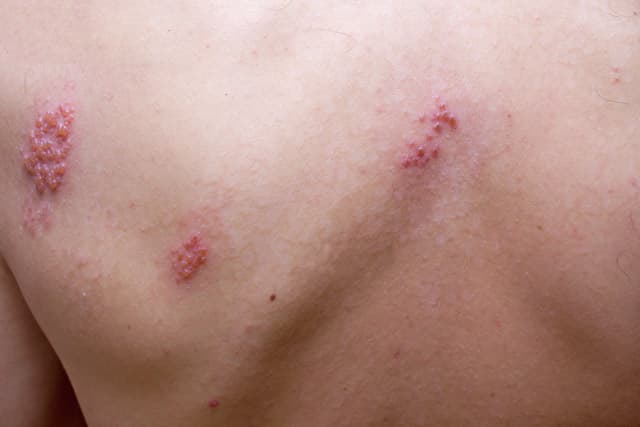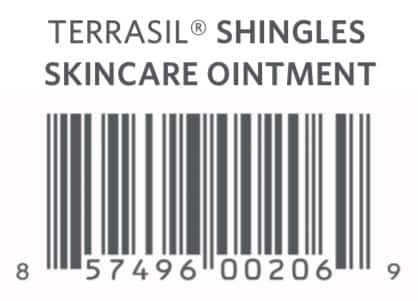The Shingles Virus
Are You at Risk?
About 1 out of every 3 people in the United States will develop shingles, also known as herpes zoster, in their lifetime. An estimated 1 million people get shingles each year in this country. If you’ve ever had chickenpox, you can get shingles. Even children can get shingles. Your risk of shingles increases as you get older.
Top 5 Risk Factors
for Contracting the Shingles Virus (Herpes Zoster)*
1. Anyone who has had chickenpox.
Shingles comes from the same virus that causes chickenpox. Although there is no cure, Shingles can be prevented and treated.
2. Ages 50 and Over.
You can get Shingles at any age, but it’s more common in older adults. Older adults also are more likely to have severe disease. CDC recommends that people age 50 or older be vaccinated.
3. Individuals having a Weakened Immune System.
Shingles is a serious threat in immunosuppressed individuals — for example, those with HIV infection. While most people who develop shingles have the infection just once, it’s not uncommon for someone with HIV to have recurrent shingles infections.
4. Chronic Medical Conditions like Cancer. Leukemia and Lymphoma.
Treatment of these conditions often involves radiation, chemotherapy drugs and systemic steroids which supress the immune system.
5. Organ Transplant Recipients.
Organ (renal, cardiac, liver, and lung) and Bone Marrow transplant recipients taking medications that are necessary for preventing organ rejection suppress the immune response.
Other Potential Risk Factors
A. More women than men develop Shingles (herpes zoster).
B. Shingles (herpes zoster) is less common in African Americans (by at least 50%) than in Caucasions.
*Medical Disclaimer… This Content is not intended to be a substitute for professional medical advice, diagnosis, or treatment.
Always seek the advice of your physician or other qualified health provider with any questions you may have regarding a medical condition.
See Article References
- https://www.cdc.gov/dotw/Shingles/
- https://www.cdc.gov/shingles/hcp/clinical-overview.html
- https://www.cdc.gov/shingles/index.html
- https://www.ncbi.nlm.nih.gov/pmc/articles/PMC2870070/
- https://www.ncbi.nlm.nih.gov/pmc/articles/PMC4140624/
- https://www.ncbi.nlm.nih.gov/pubmed/12294921
- https://www.ncbi.nlm.nih.gov/pubmed/7876622
- https://www.nia.nih.gov/health/infographics/5-things-you-need-know-about-Shingles
- https://www.nia.nih.gov/health/shingles
- https://www.ninds.nih.gov/Disorders/All-Disorders/Shingles-Information-Page



